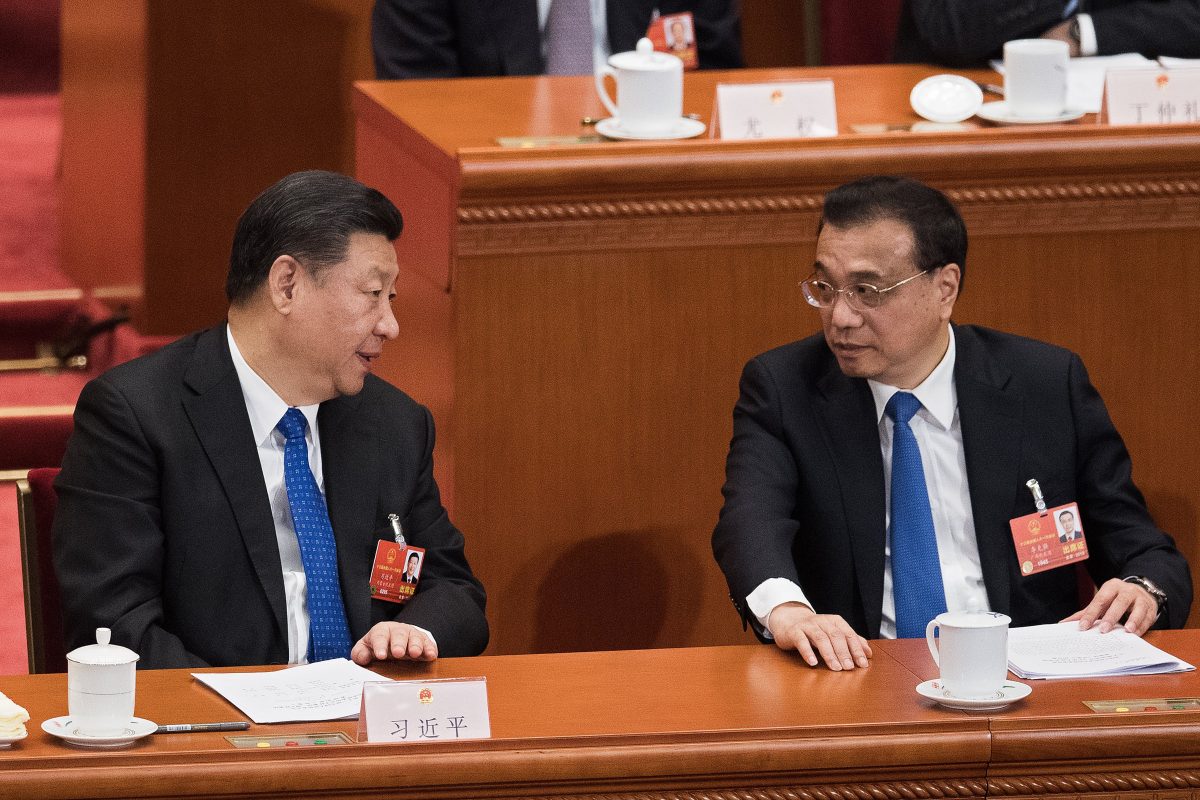China raised its military spending on Sunday for the eighth year in a row, by 7.2%, to 1.55 trillion yuan (about 225 billion dollars). This is a little more than last year’s increase.
Last year, China set its defence budget at 1.45 trillion yuan, which is 7.1% more than the year before. This year, the government is spending 1.55 trillion yuan on defence.
But because the dollar has gotten stronger against the yuan, China spent about USD 225 billion on defence this year, according to the state-run China Daily.
China spent USD 230 billion on defence last year, which is a lot of money.
This is the eighth year in a row that China has said it will increase its military budget by one percentage point.
In his work report to the opening session of the country’s rubber-stamp parliament, the National People’s Congress (NPC), Premier Li Keqiang praised the armed forces’ work at the borders without directly mentioning the Eastern Ladakh standoff.
Li’s work report said, “They carried out operations in a firm but flexible way, and they successfully completed major missions related to border defence, maritime rights protection, counterterrorism and maintaining stability, disaster rescue and relief, Covid-19 response, peacekeeping, and escorting merchant ships.”
The reference to “major missions related to border defence” was seen as important in light of the PLA’s offensive actions in Eastern Ladakh in May 2020 along the Line of Actual Control (LAC) with India, which led to a long standoff between the two countries and froze their relations almost completely.
Both sides held 17 rounds of high-level military talks to try to end the standoff, and the 18th round was expected to happen soon.
China spends the second most on defence, after the US, which has an 816 billion dollar defence budget for 2023.
From India’s point of view, however, China’s defence budget continued to be over three times higher. India’s budget for defence in 2023-24 was Rs 5.94 lakh crore (about USD 72.6 billion).
With its two million soldiers, the People’s Liberation Army (PLA) is the largest military in the world. As its Army, Navy, and Air Force continue to be modernised, the PLA is becoming more powerful and assertive.
President Xi Jinping is in charge of the Chinese military. He is also the head of the powerful Central Military Commission, which is the PLA’s top command.
Xi, who is 69 years old, is the only Chinese leader to have been re-elected for a third five-year term by the ruling Communist Party of China (CPC) in October of last year. He is also the head of the party, which is something that has never happened before.
Under his leadership, the Chinese military has started a huge modernization effort with the goal of catching up to the US military in the next few years.
The Chinese Navy, a branch of the military that is growing quickly, now has three aircraft carriers. At the same time, the Chinese Air Force has been modernised with a wide range of military jets, including stealth jet fighters.
In Li’s work report, it also said, “Our ability to mobilise the national defence was improved. By doing these things, we made sure that China’s sovereignty, security, and development interests were fully protected.
It said, “They improved their military training, got more ready for battle, and became a much more modern and powerful fighting force.”
Li said that China’s armed forces should focus on the goals for the PLA’s centennial in 2027. They should work to carry out military operations, improve combat readiness, and improve military capabilities so that they can do the jobs that the CPC and the people have given them.
Li said that all of the military’s training and readiness should be stepped up, that new military strategic guidance should be made, that more effort should be put into training under combat conditions, and that the military should work to improve its work in all directions and domains.
Before the NPC session, its spokesman Wang Chao defended China’s steady increases in annual defence budgets by saying that the country’s defence spending as a percentage of GDP was lower than the world average.
China has been spending more on defence as it competes with the US for power around the world.
Wang said that the increase in the defence budget was needed so that China could meet its responsibilities as a big country and deal with the complicated security problems.
He said that China’s efforts to update its military won’t be a threat to any other country, but rather a positive force that will help keep the peace in the region and around the world.
